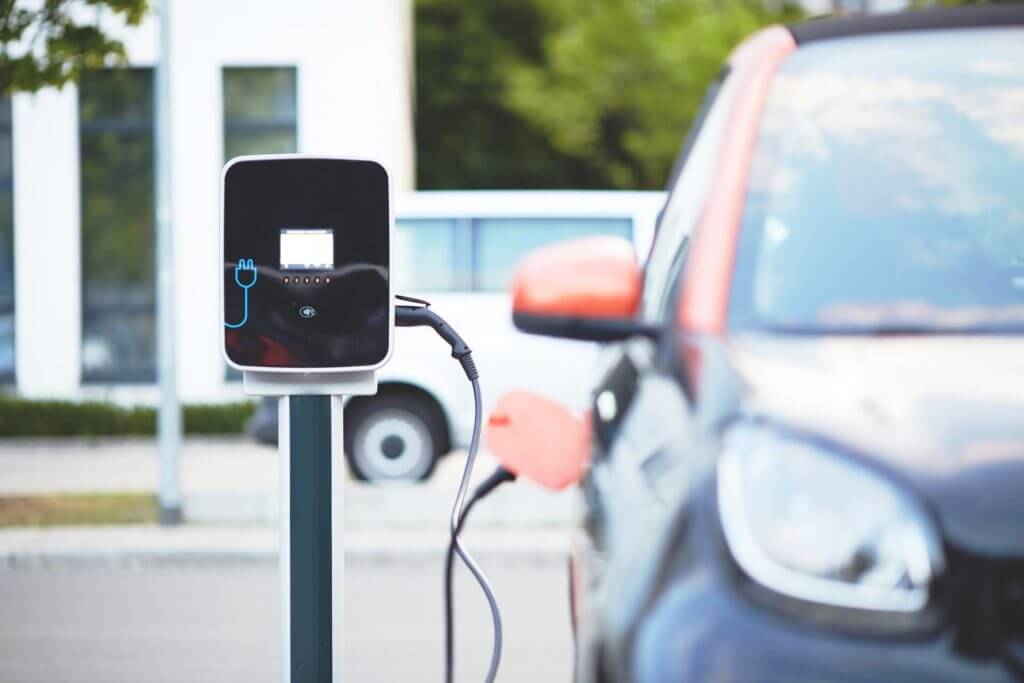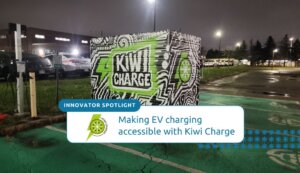Original Article, L. Alter, July 26, 2021
For years there have been articles claiming that battery-electric vehicles (BEVs) are as bad as internal combustion engine vehicles (ICEVs) because they are charged with coal-fired electricity and because making batteries is so energy-intensive. Treehugger has always called this fossil-fueled propaganda and noted that even in places with the dirtiest electricity, BEVs emit less carbon dioxide per mile traveled.
Now, a new report from the International Council on Clean Transportation (ICCT) finds that battery production is a lot cleaner than previously assumed and ICEVs are dirtier than previously assumed when you account for real-world testing.1 So on a full life-cycle analysis, taking into account the mix of electric power sources in four different locations:
“…the assessment finds that the life-cycle emissions over the lifetime of BEVs registered today in Europe, the United States, China, and India are already lower than a comparable gasoline car by66%–69% in Europe, 60%–68% in the United States, 37%–45% in China, and 19%–34% in India. For medium-size cars projected to be registered in 2030, as the electricity mix continues to decarbonize, the life-cycle emissions gap between BEVs and gasoline vehicles increases to 74%–77% in Europe, 62%–76% in the United States, 48%–64% inChina, and 30%–56% in India.”








